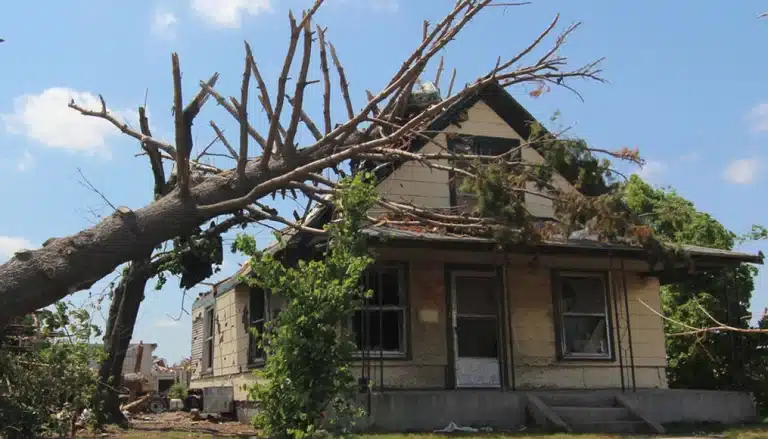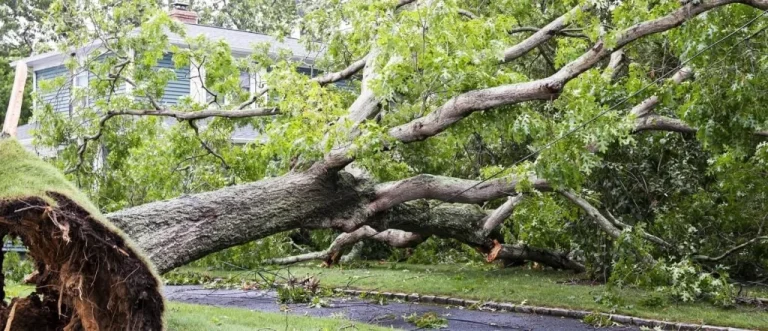At times, it might be hard to see the value of insurance since you might never actually see it in action. You’d probably prefer to never see it in action. If you’re filing an insurance claim, something you didn’t want to happen has happened, and now you need help.
An insurance company has the money to help you out when you need it. Successfully filing a claim and having financial cover if and when you need it should justify the premiums you pay to your provider. To be a little more specific, here are three reasons why it’s important to have insurance.
3 Reasons Why It’s Important to Have Insurance
Insurance safeguards you and your family’s financial wellbeing in case something unexpected goes wrong in life. An insurance policy usually protects a specific item of the policyholder’s from damage. Some typical examples include cars, houses, or a policyholder’s health.
You agree to pay a relatively small fee every so often, called a premium, to your insurance company so if something bad was to happen to the insured item, the insurance company will cover the costs to fix it, making your payments worthwhile.
Without insurance, we’d have little to no protection from disaster, businesses would struggle with liability, and lenders would be a lot more selective with who they give money to.
1. Insurance Can Make You Financially Whole Again After an Unexpected Event
Unfortunately, you can’t control every aspect of life. And, the bad things that can happen in life are usually quite expensive. The average citizen can’t afford to rebuild, repair or replace their stuff if something disastrous happened.
For example, if a flood ruined your home or your car was stolen, it would likely be a large financial burden on you and your family to remedy these situations. This is where insurance comes in. An insurer will reimburse you for covered damages as long as you’ve been paying your premium.
Insurance is a transfer of financial risk. You pay a little money to an insurance company so they will pay you a lot of money if you need them to in the future. Hopefully, you never have to file a claim. But, if you do, your insurer should be there for you.
Some unexpected events that property insurance companies specialize in handling include natural disasters, car accidents and accidental injuries. All of these situations can be quite costly, and most people, no matter how much money they’ve been saving, can’t fully afford to cover these scenarios.
Insurance is that financial safety net you can rely on. An insurance company can pay for the damage you incur because of all of the premiums policyholders collectively pay.
2. Insurance Helps Businesses Operate
Oftentimes, a business wouldn’t be able to operate, expand, or come to an agreement with another business without insurance. The countless transactions that happen both internally and externally when running a company always carry some sort of financial risk. It would be extremely difficult for firms to steadily grow without someone else assuming this financial risk in many situations. An insurance company takes on this risk.
For example, when building a house, a contractor can hire subcontractors or specialists to do some work. If the subcontractor installs a faulty outlet, and two years down the line it causes an electrical fire in the home, the subcontractor and the contractor would be liable.
To avoid being financially accountable for something they didn’t directly do, the contracting company could require the subcontractor to add them as an additional insured on the subcontractor’s liability insurance policy. Thus, the contractor would receive coverage under the subcontractor’s plan if someone tried to sue.
Whether it’s commercial auto insurance, worker’s compensation insurance, builder’s risk insurance, general liability insurance, a business owner’s policy, or any other commercial insurance plan, an insurer takes on some risk if something were to go wrong for a business.
3. Lenders Require It
Usually, when you buy a house or car, you don’t pay the full price. You pay what you can and take out a mortgage or a car loan, and then whoever is financing that loan is paying the bulk of the purchase price. Since you don’t have the money to purchase completely in the first place, it’s highly unlikely you’d have enough to cover the damages if something bad happened.
So to protect their investment (as well as yours), lenders require you to get insurance on the item you borrowed money for. A lender can require you to get a homeowners policy, car insurance, or flood policy before giving you money. That way, if something happens to your car or house, an insurer will pay for repairs or recoup the losses for the lender.
The editorial content on Clovered’s website is meant to be informational material and should not be considered legal advice.




